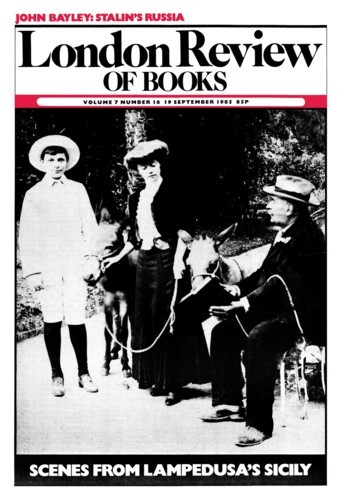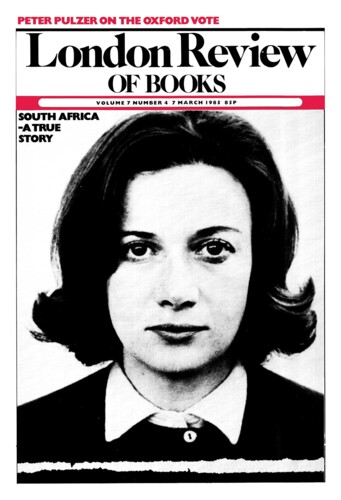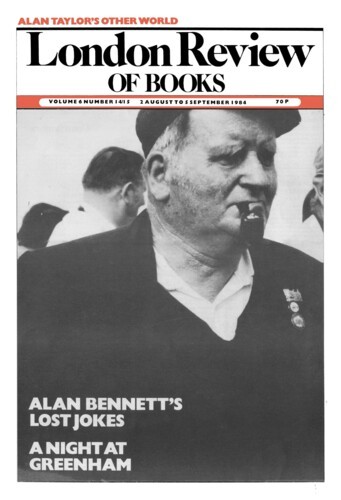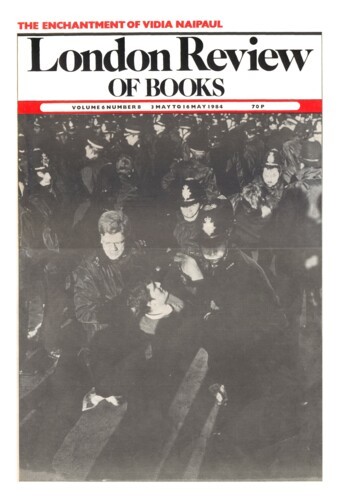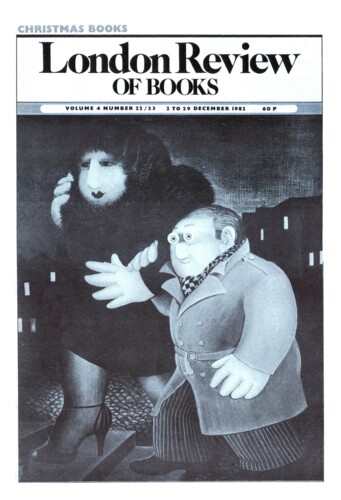Common Ground
Edmund Leach, 19 September 1985
All three of these books exemplify a convergence of interest between certain brands of academic historian and certain brands of academic social anthropologist. For a social anthropologist of my age and background this is a surprising development, though the trend has been under way for some time. It is surprising because, although social anthropology, under the influence of Auguste Comte and Herbert Spencer, first developed as a kind of grand-scale, synthetic history in which the data of ethnography were used as illustrations of a priori theories of social evolution or historical diffusion, it later developed into a self-consciously non-historical field of study. The basis for this reversal was the argument that the intimate face-to-face, day-to-day interactions of the individuals living together in a local community which provide the basic subject-matter of social anthropological fieldwork acquire meaningful significance only when they are observed in great detail and analysed as a single synchronous set of data in their original context. While it was recognised that some of the documents available to historians – such as letters, journals, parish registers, court records – may contain bits and pieces of detailed material of this sort, they can never be fitted together into a single coherent whole. And it is no use guessing on the basis of analogy from present to past. ‘Conjectural history’ is a waste of time.’
